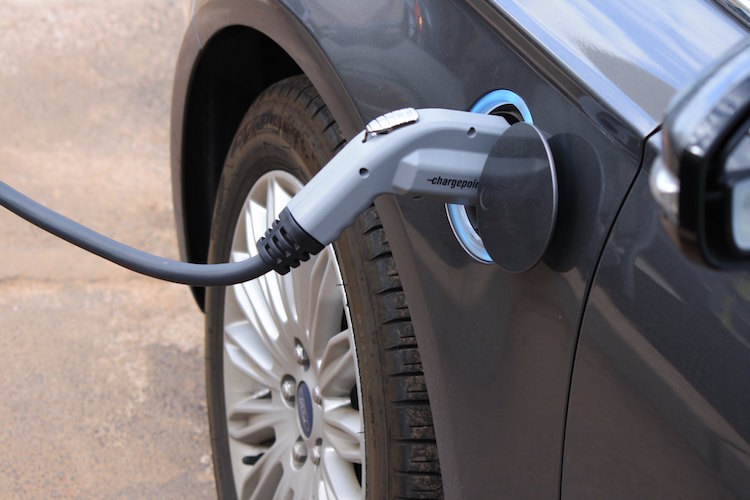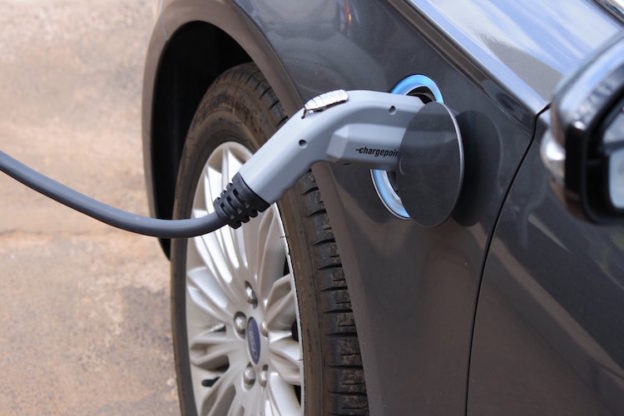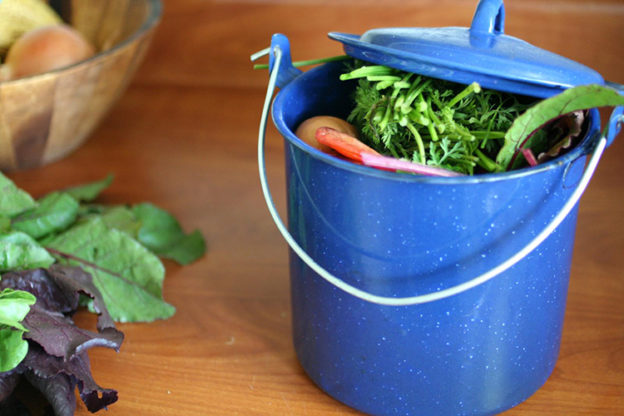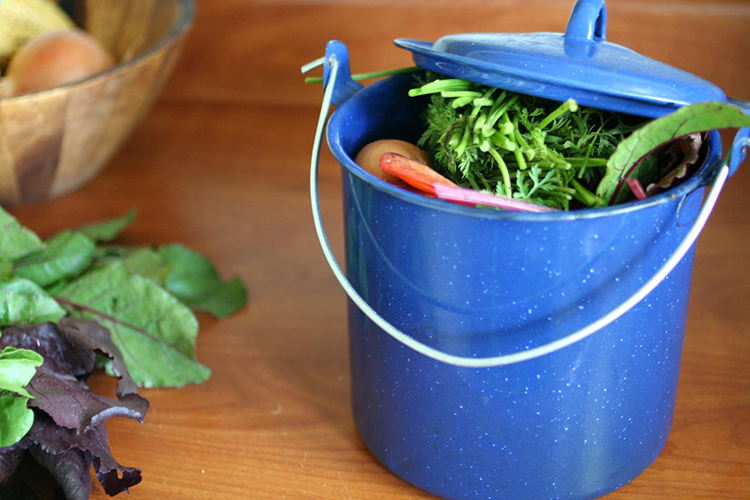In recent years, the transportation sector has surpassed power plants as the largest source of carbon dioxide emissions in the US. The low cost of fuel, American’s desire for bigger vehicles, and continued sprawling development that requires more individuals rely on automobiles to move around has driven a steady uptick in vehicle emissions.
This makes the transition to an electric or hybrid vehicle one of the more effective things you can do to reduce your carbon footprint. If you’re among the 83% of Americans who drive regularly, it’s now easier than ever to switch to electric and hybrid vehicles that emit roughly a quarter as much CO2 as gasoline powered vehicles.

Why make the change?
Unlike traditional vehicles, electric vehicles do not release any exhaust emissions when driven. This means that they not only reduce greenhouse gases in the atmosphere, they also eliminate dangerous air pollution that causes smog and other health and ecological risks.
Even better, drivers can cut their emissions down to zero by charging electric or hybrid vehicles through renewable energy such as solar, wind, or hydropower. That’s why Mass Audubon now provides electric vehicle charging stations at many of our sanctuaries across the state, all powered by renewable sources. It’s also why we support An Act to Secure a Clean Energy Future, which sets zero-emissions standards for state-owned or leased vehicles.
Beyond helping save the planet, a greener vehicle can save your wallet as well. On average in the US, the cost of fueling your car with electricity is less than half the cost of fueling your car with gasoline. (You can even charge your car for free at the Habitat Education Center & Wildlife Sanctuary or Wachusett Meadow Wildlife Sanctuary.)
Electric vehicles are also more reliable and cheaper to maintain than traditional vehicles. If that’s not reason enough, when you purchase a new electric vehicle you can receive up to a $7,500 tax credit from the federal government, and for those purchasing before September 30, 2019, an additional $1,500 rebate from the state of Massachusetts.
How else can I help?
Not everyone can switch to an electric or hybrid vehicle today, but fortunately there is still much you can do to fight climate change during your daily travels. Carpooling or taking public transit instead of driving even a few times a month can reduce your carbon footprint. Walking or biking shorter distances when possible can help to eliminate it entirely.
Working from home once or twice a week can also go a long way towards a greener future, with telecommuters in 2017 preventing 3 million tons of greenhouse gas emissions from entering the atmosphere. If you do use a traditional car, properly inflating your tires, driving slower, and avoiding idling can save on both emissions and expenditure at the gas pump.
Pledge to Green Your Transportation
Ready to be a climate hero? Take the Green Transportation Pledge.
“I pledge to do any (or all) of the following:
- Upgrade to an electric or hybrid vehicle.
- Advocate for the adoption of green vehicles in my school, work, or community
- Ask your state legislator to support An Act to Secure a Clean Energy Future and advance a crucial clean energy bill in the State House.
- Reduce my footprint by carpooling, biking, walking, or working from home.”
Take the Pledge >
— Taylor Wurts




